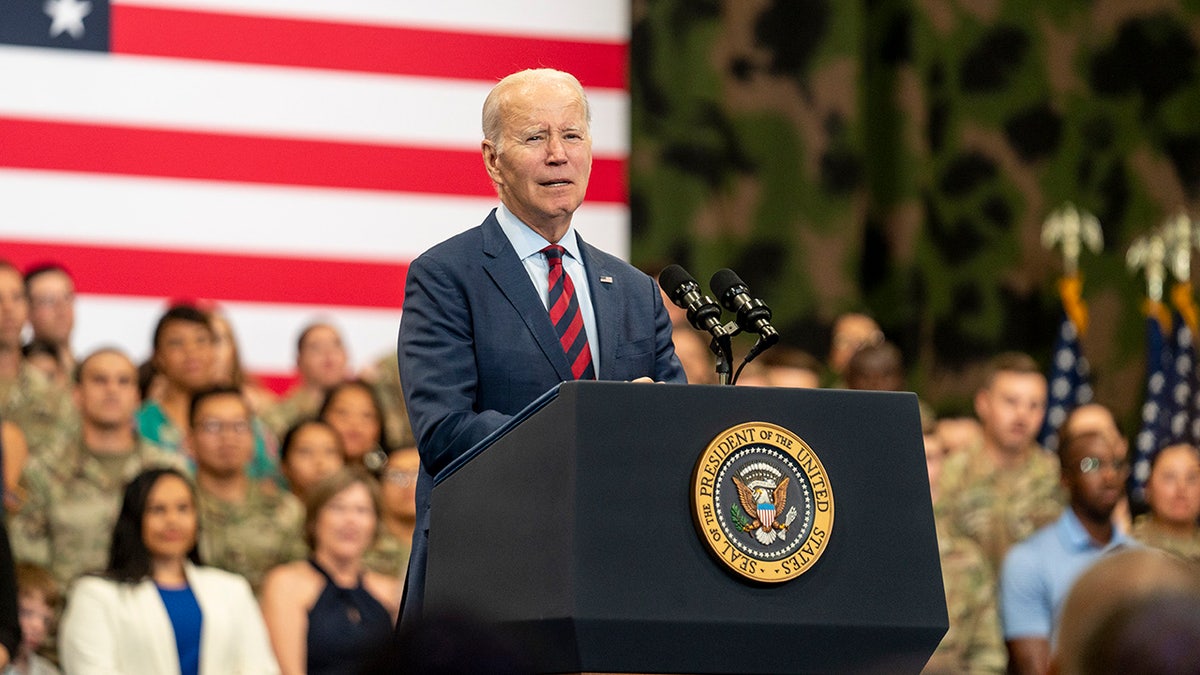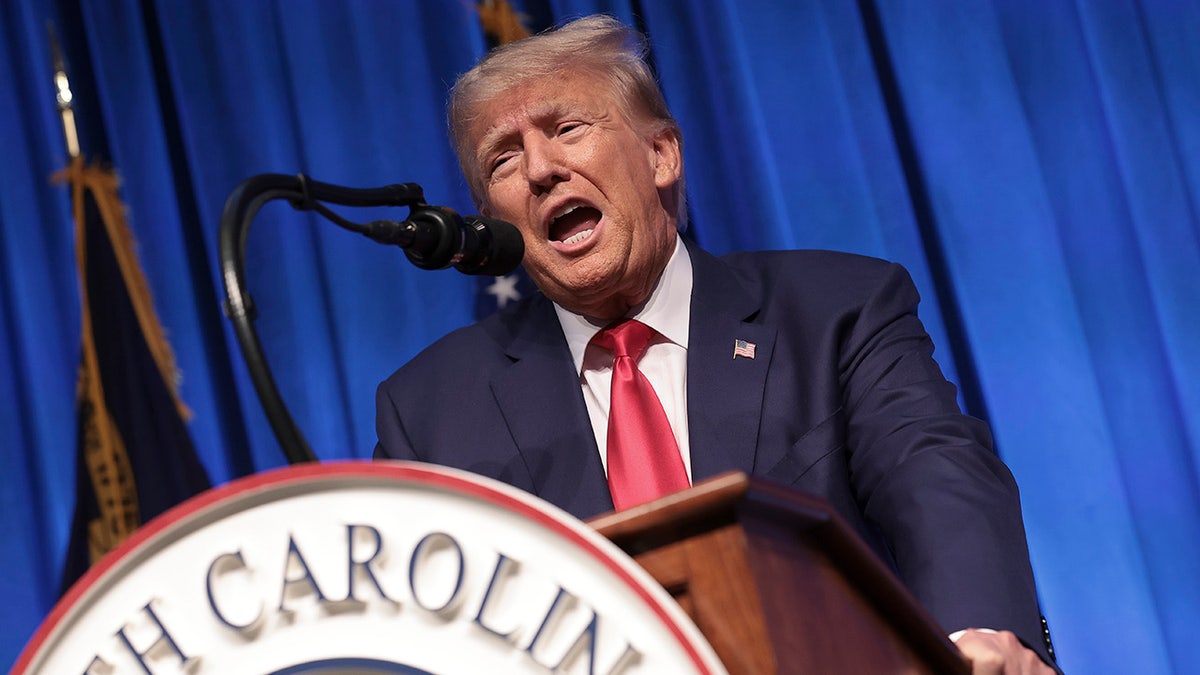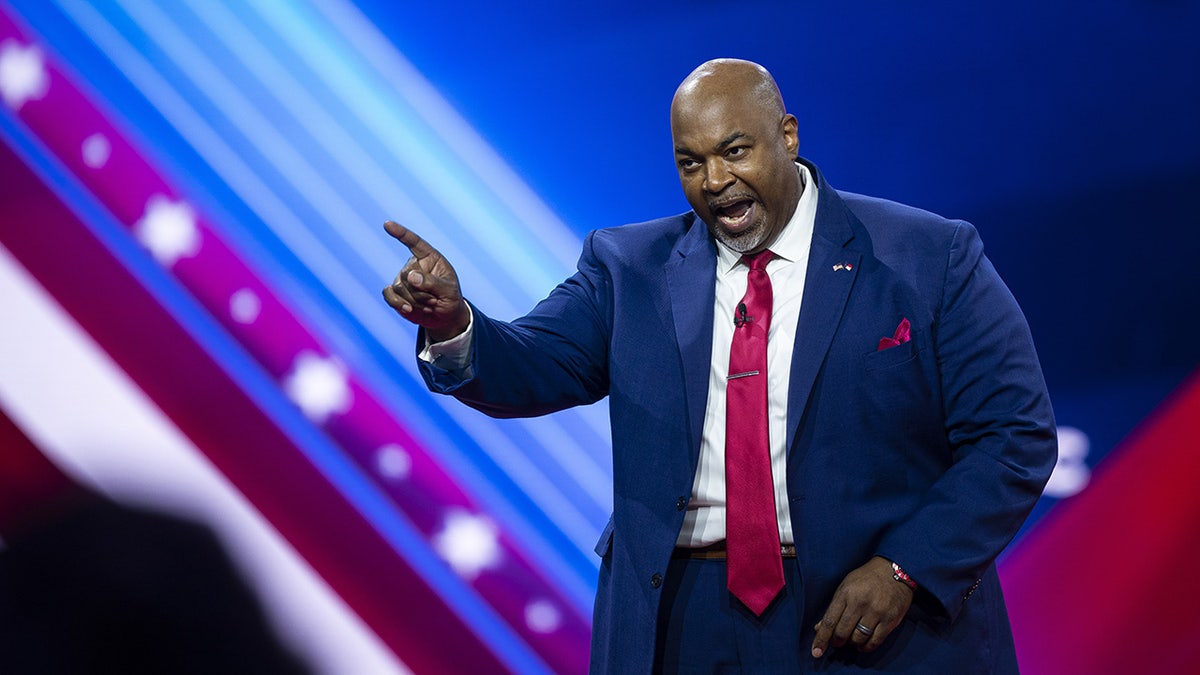North Carolina is emerging as a 2024 battleground for Democrats looking to turn the tide in the swing state that saw narrow Republican victories in the past three presidential elections.
The state is increasingly “trending purple” as populations in the state’s major cities grow, North Carolina-based Democrat strategist Douglas Wilson recently told The Hill. North Carolina has seen relatively close elections for years, with several presidential, gubernatorial and senatorial candidates winning by no more than a few percentage points.
Former President Barack Obama won North Carolina’s 15 electoral votes during the 2008 election, though Republicans carried the state in the 2012, 2016 and 2020 presidential contests. Republicans have generally seen more success in federal elections, like recently with Sen. Ted Budd’s 2022 victory, while Democrats have seen more recent gubernatorial victories.
Wilson cautioned how presidential campaigns, especially an incumbent like Democrat Biden is running, historically have only begun “setting up shop” in North Carolina during the spring or summer of an election year. Though this time around, he expects more attention in the Tar Heel State earlier on in the 2024 cycle.
NORTH CAROLINA REPUBLICANS FINALIZE WIDE-RANGING ELECTIONS BILL

President Biden speaks in support of Joining Forces, which is an initiative that supports military and veteran families, caregivers and survivors, June 9, 2023, in Fort Liberty, North Carolina. (Eros Hoagland / Getty Images)
“I do expect a lot more attention here than in the past, not to say we didn’t get attention in the past, but it’s probably going to be much more intense in 2024,” Wilson said. “In North Carolina, you need to start talking to voters early, and you need to have folks on the ground early.”
Wilson noted how Obama’s team in 2008 successfully bolstered its campaign infrastructure early on in the primaries before beating Hillary Clinton for the Democrat nomination.
In May, a Biden campaign spokesperson told the Washington Post they “fully expect North Carolina and Florida to be competitive, and we are investing early and accordingly.”
GOP strategist Doug Heye, who has worked on several North Carolina campaigns, told The Hill that Obama caught “everybody by surprise” in 2008 while state and national Republicans were “asleep at the switch” because they did not anticipate the contest to be as competitive as it was.
THIS CRUCIAL SOUTHERN BATTLEGROUND REMAINS ‘DEEPLY POLARIZED AND DIVIDED’
Heye pointed to growing metropolitan areas like Charlotte and Raleigh in arguing that North Carolina Republicans can no longer take the electorate for granted.

Republican presidential candidate and former President Donald Trump delivers remarks on June 10, 2023, in Greensboro, North Carolina. (Win McNamee / Getty Images)
While Obama’s 2008 victory was at first considered a “fluke,” Heye explained, North Carolina was the second-closest state during the 2012 presidential election. The contests remained close in 2016 and 2020, when Biden was defeated by then-President Trump by less than 1.5 percentage points.
“The lesson or the takeaway should be this is going to be a close state and should not be taken for granted,” he told The Hill. “In the state, I think people get that. Nationally, they don’t get it at all.”
He also said Trump’s likely GOP nomination and Republican Lt. Gov. Mark Robinson’s campaign for governor could pose potential hurdles for the GOP in 2024, especially in courting the growing number of suburban women in Raleigh, a demographic that proved essential to Democrat wins in 2020 and 2022.
“You don’t want to give those voters a reason to turn away from you,” Heye said, noting Robinson’s controversial remarks on Muslims, Jews and Black people who vote Democrat.
“It’s going to cause distractions for the state party, it’s going to define the race negatively, and they’ve got a good, competent Democrat who’s running who’s very vanilla, which I mean as a good thing, who just won’t have made those kinds of mistakes,” Heye told The Hill, referencing state Attorney General Josh Stein, the likely Democrat nominee.

North Carolina Lt. Gov. Mark Robinson, a 2024 gubernatorial candidate, speaks during the Conservative Political Action Conference on March 4, 2023. (Al Drago / Bloomberg via Getty Images)
GOP strategist Jonathan Felts, who advised Budd’s Senate campaign, told The Hill that Republicans saw sweeping victories in North Carolina despite being “massively” outspent in the last election cycle. He noted how Democrat Gov. Roy Cooper secured his reelection in 2020 by only a few points despite significantly outspending his Republican challenger. In 2024, Felts anticipates Republicans and Democrats to tighten up their economic messaging to better appeal to North Carolina working families.
“North Carolina will be like a lot of other states in that it’s going to be a referendum on who do you think is the biggest fighter for working families, and I think Donald Trump and Mark Robinson … are much better suited for that argument than are Joe Biden and Josh Stein,” Felts said.
CLICK HERE TO GET THE FOX NEWS APP
Gabe Esparza, a Democrat candidate for state treasurer, noted that North Carolina’s growing Latino population could be strategic in securing his party’s success by a mere “few extra thousand” votes. Cynthia Wallace, the co-founder of a nonprofit called the New Rural Project, told The Hill that the parties should also take into account North Carolina is one of the most rural states in the country.”
“You cannot change the trajectory of who gets elected without changing the trajectory of rural North Carolina,” she said.